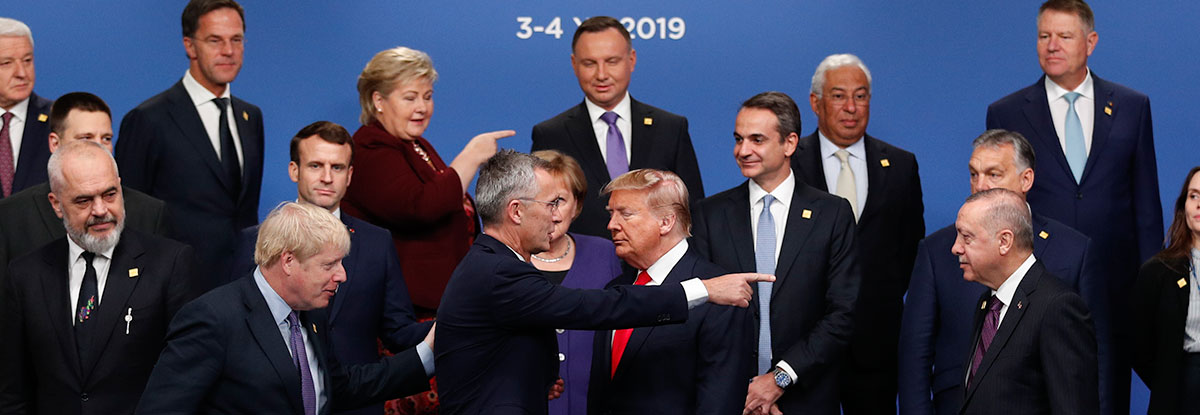
Can the Covid-19 epidemic upturn the global power structure going forward? Michel Duclos at Institut Montaigne makes a good case that it just might:
“Great Power competition” – dominated practically by the rivalry between the United States and China, as well as Russia – has become the dominant factor. International institutions have entered a phase of weakening, due partly to an American withdrawal, and partly to discord among major powers. It follows that the WHO is not playing the central role it should in the Covid-19 crisis. It was informed too late by China, to the detriment of other states' ability to react, and having to comply with Chinese injunctions before declaring a state of pandemic. WHO gives the sense that it is echoing a “Chinese line” on the fight against the virus. China, by the way, is reaping the benefits of the investment it has put in the UN system in recent years. This brings us to our second starting point: the increased space taken by China and Asia in world affairs.
It had been commonplace for years to observe the rise of China and Asia. Covid-19 provides a somewhat negative illustration of this, but one that is immediately clear. Beijing’s initial policy of opacity, as noted above, contributed greatly to the spread of the pandemic. But the most striking element is elsewhere. On the one hand, because of value chains’ structure today, the shutdown of a large part of the Chinese economy has had, and continues to have, major effects on the world economy; unlike 2008, today’s financial crisis is second only to a crisis of supply and demand in the real economy. On the other hand, the “Great Power competition” not only puts international solidarity on the back burner, but above all translates into an astonishing “soft power”competition between China and its main rivals.
From this point of view, we have witnessed an unprecedented demonstration. The People’s Republic of China was in difficulty at the beginning of the crisis, due to its initial attitude of repression of Wuhan’s whistle-blowers; forced closures of its factories; and then appearing to overcome the epidemic thanks to authoritarian quarantine measures, combined with an unprecedented use of artificial intelligence. Finally, China emerged from the ordeal while Europeans, now the main area of infection, were slow to implement drastic measures, while the Trump administration demonstrated its messy incompetence. China today is reviving its economy at a time when stock markets are collapsing in the West. It is fighting against the misplaced xenophobic insinuations of Donald Trump in an absurd battle of disinformation, and above all, it is acting as a lifeline for Italy or Serbia, partly because of the clumsiness of their European partners. In the emerging world, China is certainly appearing as the power that can assist internationally, which was once the United States’ go-to role.
China perhaps has an interest in not pushing this propaganda war too far, as it is not immune to a Covid-19 rebound, or other twists and turns. However, for now at least, the debate between authoritarianism, populism and liberalism is being revived in our democracies. It is too early to know how this debate will turn out. For some, the scale of the crisis can lead to a rehabilitation of expertise, institutions and international cooperation, and devalues the populists' more cookie-cutter approach. Others, on the other hand, inspired by sovereigntist ideas, argue that the European institutions have proved to be irrelevant and had to support and pursue measures to re-establish border controls.
The kind of undeclared Cold War that had been brewing for some time shows its true face under the harsh light of Covid-19.
What we would like to especially note at this point is the conjunction that is taking place before our eyes between geopolitical competition and competing political models, along the lines of lessons that emerged from Institut Montaigne’s study on “neo-authoritarians”. The “Chinese model” emerges in this case as a reference for the global anti-liberal current, while China shamelessly tries to capitalize on the country’s “victory against the virus” to promote its political system. The kind of undeclared Cold War that had been brewing for some time shows its true face under the harsh light of Covid-19.